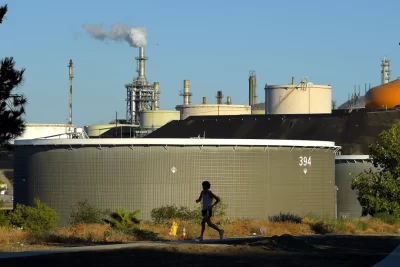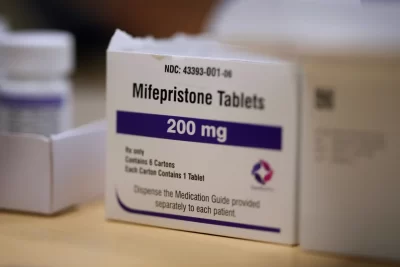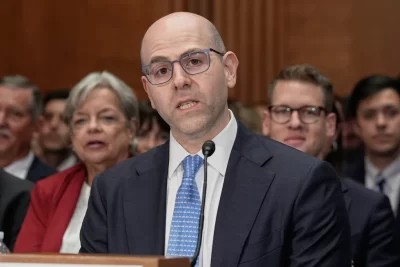
The biggest day of this year’s primary campaign is approaching as 16 states vote in contests known as Super Tuesday.
The elections are a crucial moment for President Joe Biden and Donald Trump, who are the overwhelming front-runners for the Democratic and Republican presidential nominations, respectively. As the day with the most delegates up for stake, strong performances by Biden and Trump would move them much closer to becoming their party’s nominee.
The contest will unfold from Alaska and California to Virginia and Vermont. And while most of the attention will be on the presidential contest, there are other important elections on Tuesday.
What is Super Tuesday? Why it matters and what to watch.
Voters across several states in the U.S. are preparing to cast their ballots on Super Tuesday, which takes place on Tuesday, March 5th. Associated Press reporter Bill Barrow breaks down the origins of Super Tuesday, and what the day means in the broader view of the 2024 presidential election.
Some things to watch:
DOES TRUMP KEEP ROLLING?
So far, the Republican presidential primary has been a snoozer.
The former president has dominated the race and his last major rival in the race, his onetime U.N. Ambassador Nikki Haley, is struggling to keep up. She lost the Feb. 27 primary in Michigan by more than 40 percentage points. She even lost her home state of South Carolina, where she was twice elected governor, by more than 20 percentage points.
As the race pivots to Super Tuesday, the vast map seems tailor-made for Trump to roll up an insurmountable lead on Haley. His team has been turning up the pressure on Haley to drop out, and another big win could be a major point in their favor.
Haley’s banked a considerable amount of campaign money and says she wants to stay in the race until the Republican National Convention in July in case delegates there have second thoughts about formally nominating Trump amidst his legal woes. But she’s seen some of her financial support waver recently — the organization Americans For Prosperity, backed by the Koch brothers, announced it’d stop spending on her behalf after South Carolina.
She may not be able to afford another sweeping loss.
DO COLLEGE GRADS KEEP TURNING AGAINST TRUMP?
Amid Trump’s commanding wins this primary season have been a notable warning sign for November: He’s performed poorly with college-educated primary voters.
In the New Hampshire and South Carolina primaries, APVoteCast found that college graduates picked Haley over Trump. Roughly two-thirds of voters in both states who went to graduate school after college voted for the former South Carolina governor.
In South Carolina, Trump won the suburbs but not by the same magnitude as his dominance in small towns and rural areas, essentially splitting the vote with Haley.
One of the biggest questions on Tuesday is whether Trump can start repairing that rupture. Weakness with college graduates and in the suburbs where they cluster is what doomed Trump in his 2020 loss to Biden.
DOES BIDEN END DOUBTS?
As sleepy as the Republican presidential primary has been, the Democratic one has been even quieter. Biden has many political problems dragging him down in public opinion polls, but not, so far, at primary polling stations.
The one speed bump came in Michigan, where an organized attempt to vote “uncommitted” in the primary there to protest Biden’s support of Israel during the war in Gaza garnered 13% of the vote, a slightly higher share than that option got in the last primary under a Democratic president.
The only similar organized anti-Biden effort on the Super Tuesday calendar is one put together at the last minute by a handful of leftist groups in Colorado on Thursday to vote “non-committed” like in Michigan. Some 700,000 people had already cast ballots in the all-mail state’s primary. The other obstacles are the president’s two longshot primary opponents who’ve yet to crack low single digits against him, U.S. Rep. Dean Phillips of Minnesota and self-help author Marianne Williamson, who revived her campaign after receiving a surprise 3% of the Michigan primary vote.
WHAT HAPPENS IN CALIFORNIA’S SENATE RACE?
There’s far more than the presidential primaries on the ballot Tuesday. One of the most consequential contests is the California primary for the U.S. Senate seat left open by the death of Democratic Sen. Dianne Feinstein.
The seat’s temporary occupant, Laphonza Butler, isn’t running for a full term. Rather than having the winners of party primaries face off in November, California throws every candidate into a single primary and has the top two vote-getters make it to the general election.






